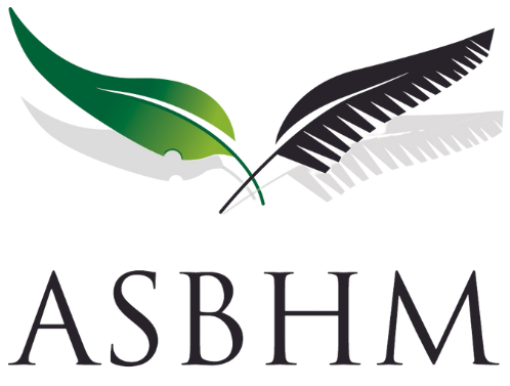ASBHM 2025
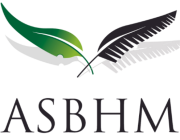
Annual Scientific Conference
Southern Cross University, Gold Coast, QLD
Wednesday 5th February – Friday 7th February 2025



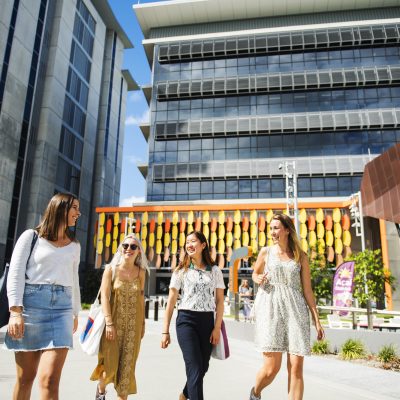

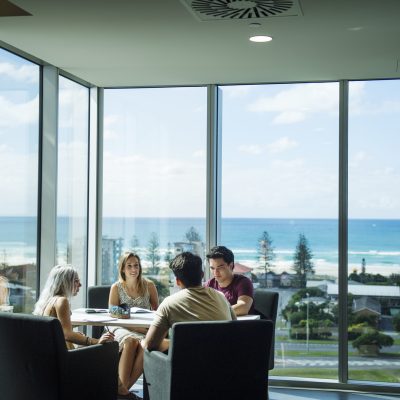
KEY DATES
REGULAR REGISTRATION NOW CLOSED
About ASBHM 2025
The aim of The Australasian Society for Behavioural Health and Medicine 2025 conference is to expand understanding of health psychology and behavioural medicine through innovative and translational research. Our high-quality annual meetings attract a diverse range of audience members and speakers from around Australia, New Zealand, and internationally. Speakers address delegates with topics and vision related to their unique expertise and experience in the behavioural medicine field.
ASBHM2025 will be an in-person conference. In-person attendance, presentations and networking events will all take place at the Southern Cross University, Gold Coast. Take a look at the About the Venue page for details on the venue and the About Gold Coast page for more information on things to do in the Gold Coast.
Keynote Speakers
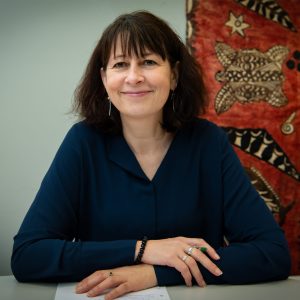
Professor Antonia Lyons (University of Auckland)
Keynote Title: Limbic Capitalism, Digital Marketing and Young People’s Social Worlds
Abstract: Social media are central to young people’s social worlds, but this digital landscape enables the algorithmically targeted marketing of legal, psychoactive products (alcohol, vape products). Routine exposure to vape and alcohol product marketing normalises the use of these products, increases their consumption, and affects health and well-being across the life-course. The purposive design, production and marketing of unhealthy products that stimulate habitual consumption and pleasure to maximise profit has been called ‘limbic capitalism’. Social media platforms intensify limbic capitalism. They are designed to generate, analyse and apply vast amounts of personalised data in an effort to tune flows of online content that capture users’ time and attention, influencing their affects, moods, emotions and desires in order to increase profits. For most young people in Western societies, social media are accessed routinely through everyday digital devices, and are central to their socialising, identities, leisure practices and engagement in civic life. This talk will provide an overview of a bicultural, multidisciplinary, mixed-methods project that examines young people’s digital worlds, including their self-reported social media use, exposure to unhealthy commodity marketing online and how this varies across social groups. Our findings show that young people actively appropriate social media for their own ends but must simultaneously navigate a highly commercialised landscape full of alcohol and vape product marketing. They also identify inequities in exposure to vape and alcohol marketing online, and highlight ways in which young people resist limbic capitalism processes on social media.
Biography: Professor Antonia Lyons holds the Hugh Green Foundation Chair in Addiction Research at the University of Auckland, where she is the Director of the Centre for Addiction Research. Antonia brings a health psychology perspective to her work in multidisciplinary teams. Her research has focused on understanding the social and embodied contexts of behaviours related to health and wellbeing, insight that can be used to help improve outcomes. Much of her work has explored drinking cultures and alcohol consumption at different life stages and in different contexts, with a focus on digital cultures and digital alcohol marketing. Antonia has published over 100 articles and 20 book chapters. She co-authored the text Health Psychology: A Critical Introduction and co-edited the books Youth drinking cultures in a digital world, Qualitative Research in Clinical and Health Psychology, and the Routledge International Handbook of Critical Issues in Health and Illness.
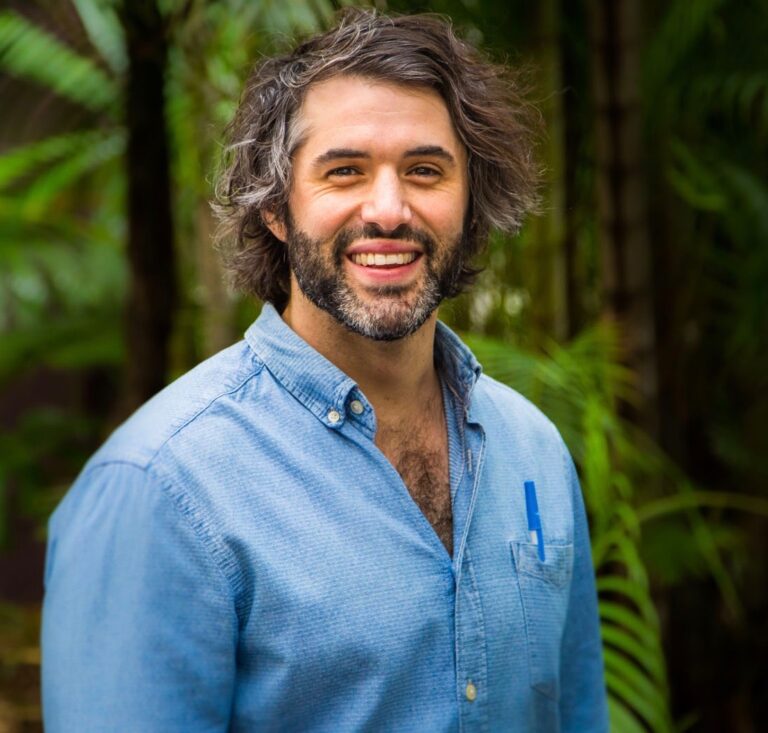
A/Professor James Kirby (University of Queensland)
Keynote Title: Compassion as a Transdiagnostic Target to Prevent and Reduce Mental Health Symptoms and Promote Wellbeing
Abstract: There is an increasing number of interventions aimed at cultivating compassion to help promote wellbeing. One specific intervention approach is Compassion Focused Therapy (CFT), which aims at directly increasing the flow of compassion (self, other and receiving) to address self-criticism and shame which can seriously impact the onset, severity and duration of a number of mental health outcomes such as depression, anxiety and PTSD. This talk will define compassion and provide a brief overview of the links between compassion and wellbeing. It will then introduce the CFT model, focusing specifically on its unique tripartite model of affect regulation. Evaluation studies examining brief and longer forms of CFT intervention will then be reviewed.
Biography: James N. Kirby, Ph.D., is an Associate Professor, Clinical Psychologist, and the Co-Director of the Compassionate Mind Research Group at the University of Queensland. He has broad research interests in compassion, but specifically examines factors that facilitate and inhibit compassionate responding. He also examines the clinical effectiveness of compassion focused interventions, specifically in how they help with self-criticism and shame that underpin many depression and anxiety disorders. James also holds a Visiting Fellowship at the Center for Compassion and Altruism Research and Education at Stanford University and is an Honorary Member of the Compassionate Mind Foundation UK. In 2022 he authored Choose Compassion, and in 2020 he co-edited Making an Impact on Mental Health. He serves as an Associate Editor for two international journals Mindfulness and Psychology & Psychotherapy: Theory, Research & Practice. He has a new book to be published by Routledge coming out in 2024 called, The Essentials of Compassion Focused Therapy: A Practice Manual for Clinicians.

Professor Christina Pollard (Curtin University)
Keynote Title: Policy and Practice to Improve Public Health in an Unequal World
Abstract: Inequalities in health are increasing, particularly for populations rendered vulnerable to poor health due to their socio-economic or environmental circumstances. The greatest benefits of behaviour change can be expected among these groups, but change is often considered unachievable due to the impact of intergenerational and entrenched adverse conditions. Policy makers and practitioners must find ways to challenge these conditions to support public health. This talk shares insights, successes, and failures from four decades working as a public servant developing policy and practice to improve nutrition, physical activity, mental well-being and reduce obesity in these communities. The wide range of public health interventions available to support behaviour change will be discussed. The critical role of timely research intelligence, workforce and community actors, and ways to become a critical friend to policy makers will be described. Drawing on insights implementing numerous interventions at local, state, and national level, this optimistic talk will share thoughts on promising ways forward. Listeners are invited to consider what they should do, could do and can do to support action to improve health among these important members of society.
Biography: Christina Pollard has worked as a public servant for almost 40 years before moving to academia to work as Director of the Public Health Advocacy Institute based at Curtin University. A public health dietitian, she calls herself a pracademic, interested in translating research to inform effective practice. She developed, implemented, and evaluated numerous nutrition interventions including the Gofor2&5© fruit and vegetable campaign. She believes that strong policy measures are needed to protect and promote the public health of those who are the most vulnerable in our society. Christina volunteers to make a difference. She’s a life member of the Public Health Association of Australia, and a Foodbank WA Board member.
